HERE BE SPOILERS!
This post has been rated DO NOT READ if you have not seen seasons 1-4 of Stranger Things. If that’s the case, I urge you to hasten over to Netflix and let the binge begin.
Contents
You can read this post straight through or jump ahead to any section.
- I spy with my mythic eye
- Fictional women, real problems
- A glory of goddesses
- The greatest goddess of them all
- Goddess, meet patriarch
- “Monster” means “one who warns”
- A goddess mythology needs an underworld
- Goddess heroes fight the patriarchy
- An 80s do-over, this time with goddesses
- Pop songs as goddess hymns
- The goddess says, Don’t be a stranger
I spy with my mythic eye

I’ll say it right here: the Netflix series Stranger Things creates a goddess mythology centered on the sacred feminine.
I won’t dwell on the show’s images from Greek myth (Steve Harrington’s liver pecked like Prometheus, Victor Creel blinding himself like Oedipus, Eddie Munson’s Orpheus moment playing a guitar solo in the Upside Down).
Nor will I examine religious allusions such as One/Henry/Vecna as the beautiful first son who is cast down into the hell of the Upside Down which only increases his power—no! I’m not going to talk about any of that.
Instead, let’s talk about how Stranger Things works as a myth in its own right, one that honors the feminine divine.
Fictional women, real problems
When I first started watching Stranger Things, I felt dismay at the female characters. They seemed weak and whiny, devalued and dismissed by their male companions. Here we go, I thought, another show by men about men for men, where women function as narrative props.

Gradually, however, I realized something else was going on. These female characters wore normal clothes that fully covered their bodies. They spent little time styling their hair, didn’t use much make-up, and navigated age-appropriate feelings and experiences around sexuality. They seemed like real, complex people with minds, hearts, and bodies of their own, and some of the men in their lives were honestly trying to figure out how to create relationships with them. In other words, this was the opposite of sexist objectification.
Not only that, Joyce’s son had gone missing. Barb was taken by the demogorgon. Nancy lost her best friend. El was traumatized, cold, alone, unhoused, and so socially malformed that she could barely speak. Stranger Things was spotlighting women dealing with extremely difficult situations imposed on them by outside forces.
What’s more, the problems these characters faced all arose, one way or another, from patriarchal systems of oppression. And male characters who treated women as lesser beings—Papa, Billy, the jerks at the newspaper office—were portrayed as some combination of wounded, evil, and tragic. Stranger Things was showing the impact of patriarchy on women.
A glory of goddesses
But there was another layer at play, too. Many of these normal-looking female characters had more-than-normal traits, which clearly signaled the presence of divinity. That means Stranger Things offers an opportunity to apply the Gardner Goddess Quiz for uncovering the sacred feminine. Here’s how some characters score on the quiz, with a score of one indicating no goddess attributes at all, and six meaning gigawatt goddess energies.

- Speaking about Mrs. Sinclair, Mr. Sinclair tells his son Lucas, “She’s never wrong, son,” in an elegant moment of fathering his child, husbanding his partner, and honoring the feminine divine, who is, of course, never wrong. Mrs. Sinclair’s goddess score: 2.
- Max Mayfield possesses the powers of beating the boys at video games, riding skateboards, and driving sports cars without a license, and she ventures willingly into Vecna’s mental hellscape to distract the monster so her friends can mount their attack. Max’s goddess score: 3.
- Joyce Byers refuses to be ignored, denied, or gaslit, and instead trusts her own truth no matter what anyone else thinks. Plus, her maternal commitment to saving Will is elemental. Joyce’s goddess score: 3.
Then there’s Suzie, the genius who meets Dustin at science camp. When Dustin tells the group about how supernaturally brilliant and beautiful Suzie is, they doubt she actually exists—much the way people doubt that goddesses exist.
Suzie, however, like goddess energies, does indeed exist, and she responds to Dustin’s call right when the world needs her most. The Russians are about to open a gate to the Upside Down. Hopper and Joyce need Planck’s constant to access the Russian control room, so Dustin calls Suzie on the ham radio. Of course she knows Planck’s constant; the goddess knows the workings of the universe. But before she divulges this information, she requires an offering of music from her supplicant, Dustin. More about that scene in a minute. Suzie’s goddess score: 5.
The greatest goddess of them all
But the most powerful goddess in Stranger Things is, obviously, El. El moves objects with her mind. She psychically travels into the minds of others. She brings Max back from the dead, much like other deities of whom you may have heard. And “El” is an ancient word that means “god” or “deity.”
She also needs a bath of salt water at body temperature for her powers to work at peak efficiency. In other words, she needs a womb-like tank of amniotic fluid. Her divinity derives from a maternal influence.
“You’re bigger than Madonna to them,” Dr. Owens tells El when scientists gape at her in wonderment. The double meaning here suggests that El is bigger than the Madonna, the Virgin Mary. He continues in this religious language: “They believe in the cause. They believe in you.”

Henry/One also tells El he believes in her, and then, when El is about to die inside Vecna’s mind, crucified over a stained-glass window of a rose (to drive home the imagery of the sacred feminine), Mike calls to her from the everyday world.
“El, El, El,” his voice echoes across the dimensions as he addresses the deity. “I love you! I love you!… You can do anything! You can fly, you can move mountains, I believe that, I really do!” This is more than a boyfriend’s encouragement. This is a prayer to a goddess, and it’s a beautiful image of how prayer works within the psyche, summoning and activating otherwise inaccessible powers.
El’s goddess score: an emphatic 6.
Goddess, meet patriarch
But El is traumatized. The patriarchy, in the form of the towering psychopath Dr. Brenner, took her from her mother. Held El captive. Experimented on her. Conditioned her to obey and to call Dr. Brenner “Papa”—a cute little nickname for pa-pa-pa-patriarchy.

As his name suggests, everything Papa is, says, and does represents the patriarchy. When Papa electroshocks El’s mother Terry, the patriarchy silences the great mother. When Papa imprisons El, the patriarchy locks up the feminine divine. When Papa tells her he knows what’s best for her, the patriarchy is trying to train goddess energies to submit, behave, and question their own instincts and wisdom.
The patriarchy is the sum of all the social structures that keep women subordinate to men. But those structures also make it difficult for men to relate to anyone except other men, including children, women, and those who don’t fit patriarch-prescribed gender norms and sexuality.
Think of Lonnie, the absent father of Will and Jonathan. Ted, the oblivious father of Mike and Nancy. Max’s step-dad, a brute of an abuser. These fathers are too conditioned by the system that wounds women—and everyone else—to let them to be present for anyone else.
“Monster” means “one who warns”
In Stranger Things, monsters take many forms: demogorgon, demo-dogs, demo-bats, a massive spider-shaped shadow monster, a gleefully gory giant spider made of goo, the evil wizard Vecna, Papa, governmental systems of control. Many kinds of monster means many metaphors for the challenges of life.

And these forces of evil have some interesting messages. Zombies and the giant goo spider stomping around the mall speak of the mindless, destructive aspects of capitalism. Vecna muses, not inaccurately, about the toxic nature of human civilization. Papa says to El, “You speak of monsters, superheroes. That’s the stuff of myth and fairy tales. Reality, truth, is rarely so simple. People are not so easily defined. Only by facing all of ourselves, the good and the bad, can we become whole.”
Papa’s words sound reasonable, but they can also slide all too quickly into moral relativism. To deny the existence of monsters and heroes could also deny the monstrous and the heroic. The monstrous and heroic exist in fiction because the monstrous and heroic exist in life. And despite Papa’s words, he is a monster: a narcissist drunk on power who wants to imprison the feminine divine.
The word “monster” comes from roots that mean “one who warns.” Some of the warnings Stranger Things monsters deliver: There are scary things in the world and in our minds. Sometimes fear can gain the upper hand. But not always.
A goddess mythology needs an underworld
No goddess mythology is complete without at least one underworld journey, and Stranger Things has many. Most of them happen in the Upside Down.
The Upside Down is a shadow-realm below the everyday world. It’s an alternate dimension and a mirror image of the reality we know. Both worlds contain the same objects—roads, buildings, bikes—but the Upside Down is stuck in a decaying version of the past. There’s no sunlight or water. There are monsters, however, and slimy, twining vines that choke the life out of anyone they capture. Pale flakes float in the air like glowing nuclear ash.
Humans can visit this realm, but they can’t live there. Not for long. Sometimes, like Will, they get stuck there, like getting stuck in anxiety or depression.

The Upside Down holds power and fear. It’s a place where uncomfortable feelings and memories live, such as shame, guilt, and trauma. Like the subconscious, it’s a place to confront the forces that hold you back. It’s also similar to what Carl Jung called the collective unconscious, because it affects everyone, and everyone can visit it. It’s personal and collective, both at once.
Will’s abduction into the Upside Down is another metaphor of the damage the patriarchy inflicts on those who don’t conform to its rules—people such as sensitive, creative, young gay men. No, patriarchy says, you can’t be who you are or we will hurt you. Then terror sends the soul tumbling into the depths where it suffers despair, paralysis, cold, creative starvation, and loneliness. That kind of soul needs the help of friends and goddess energies to make the return trip.
Goddess heroes fight the patriarchy
Which brings us to Sheriff Jim Hopper. Hopper wants to be a father to El and a lover to Joyce, but his stumbling attempts to connect show how difficult the patriarchy makes relationships for men.
In many ways, Hopper reminds me of my dad in the 80s. The functional, unlovely work clothes. The ramming around town in a lunky truck that smells like sweat, motor oil, and fast-food wrappers. Collapsing in front of the television every night after work. The default air of simmering frustration which sometimes boils over in an angry outburst.
Hopper, however, goes to war against the patriarchy. First, he commits the heretical act of believing Joyce, when the system wants her silenced. Then he fights monsters and Russians alongside the rest of the group, until the fateful explosion of the Russian machine.

That’s when it seems like the patriarchy won.
After Hopper disappears, everyone believes he’s dead. They hold a funeral.
But actually the Russians have taken him, injured but alive, to the living hell (another underworld) of a Siberian work prison, where he suffers horribly and must die to (let go of) almost everything about his former self: name, occupation, language, hair, weight. The only thing he holds onto is his love for El and Joyce. That’s enough to keep his soul alive and enable his rebirth, newly able to love and be loved, having shed the patriarchal conditioning that held him back.
Even though my dad didn’t do any of that, Hopper’s transformation lets me imagine Dad shedding his anger, his defenses. Opening up to the family he worked so hard to support. Relaxing, laughing, talking things over. I can’t change the past, but I can change my imaginings about the past, which can change my feelings about it. Hopper helps that happen.
An 80s do-over, this time with goddesses
Stranger Things lets me relive the 80s in many ways—Trapper Keepers, Lite Brite, riding around in the way-back of a station wagon—but this time in the company of goddesses and lovable, monster-fighting nerds who, after a little initial skepticism, never question when someone says they saw a demogorgon or an evil spider wizard.

The patriarchy thrives on doubting, devaluing, and dismissing people who don’t fit the system until those people learn to doubt, devalue and dismiss themselves. That’s how the system keeps going.
But in Stranger Things, our band of intrepids believe each other and believe in each other. They forgive each other’s trespasses, and are never really happy until they’re reunited.
This goddess-powered version of the decade makes my memories feel more real, more valid, more handle-able. It helps me accept and appreciate things about my youth that I used to reject and deny—and we all know how well that works.
Pop songs as goddess hymns
One of my favorite aspects of this 80s replay is how Stranger Things turns the decade’s music into something sacred. Peter Gabriel’s “Heroes” captures the pathos of saying yes to the adventure and failing. “You Don’t Mess Around with Jim” becomes Hopper’s personal anthem of triumph and tragedy. “Runnin’ Up That Hill” holds so much of Max’s vast courage and sorrow that it opens a portal from Vecna’s mental hell for her to return to the world of love and friendship.
And then there’s the soundtrack to The Never-Ending Story, which Suzie requires Dustin to sing over the walkie-talkie before she’ll share Planck’s constant.
Turn around, Dustin sings, haltingly at first, as the rest of the party does in fact turn—Murray in the boiler room of the Russian base, Hopper at the control room door, Robin and Steve in the back of the station wagon as it speeds away from the thundering goo monster. Look at what you see-ee-ee-ee… in her face, the mirror of your drea-ea-ea-eams—et voilà, the goddess is summoned.

Make believe I’m everywhere, Suzie joins in, because when you sing to a goddess, she’ll sing along with you—given in the light—and she’ll remind you where and how to find her.
The two of them continue their duet, so hauntingly true that everyone else experiences that shared beauty as well, as the fate of the world hangs in the balance.
Even smart-aleck Erica is transfixed, sitting on the hilltop with Dustin in the light of a full moon—a highly appropriate place to sing a hymn to a goddess.
The goddess says, Don’t be a stranger
There are stories in my life I return to again and again, stories I revel in. Stranger Things has joined that list. This fascination must mean the show has things to teach me, that it functions with the force of myth in my psyche.
In case it isn’t already clear, I no longer feel dismay at the characters in Stranger Things. Now it’s more like charm and delight. And I wonder, is this how the Greeks felt about their pantheon? Did they adore their goddesses and gods? Did people sit around re-telling those tales simply for the joy of returning to the company of their favorite characters?
I’ve heard some viewers object to the show’s scary, violent scenes, and I get it. Those scenes are hard to watch. But patriarchy is scary and violent. Patriarchy spawns monsters, devours lives, silences more than it supports. Stranger Things shows that reality metaphorically in order to say things don’t have to be that way. We can fight back. We can call on goddess energies. We can change.
By presenting a cast of characters with a range of powers, the show also says, “You have powers, too. How will you use them? How will you team up? Given the horrors of life, how will you not be a stranger?” Then it answers:
Believe each other. Believe in each other. Fight those monsters together.



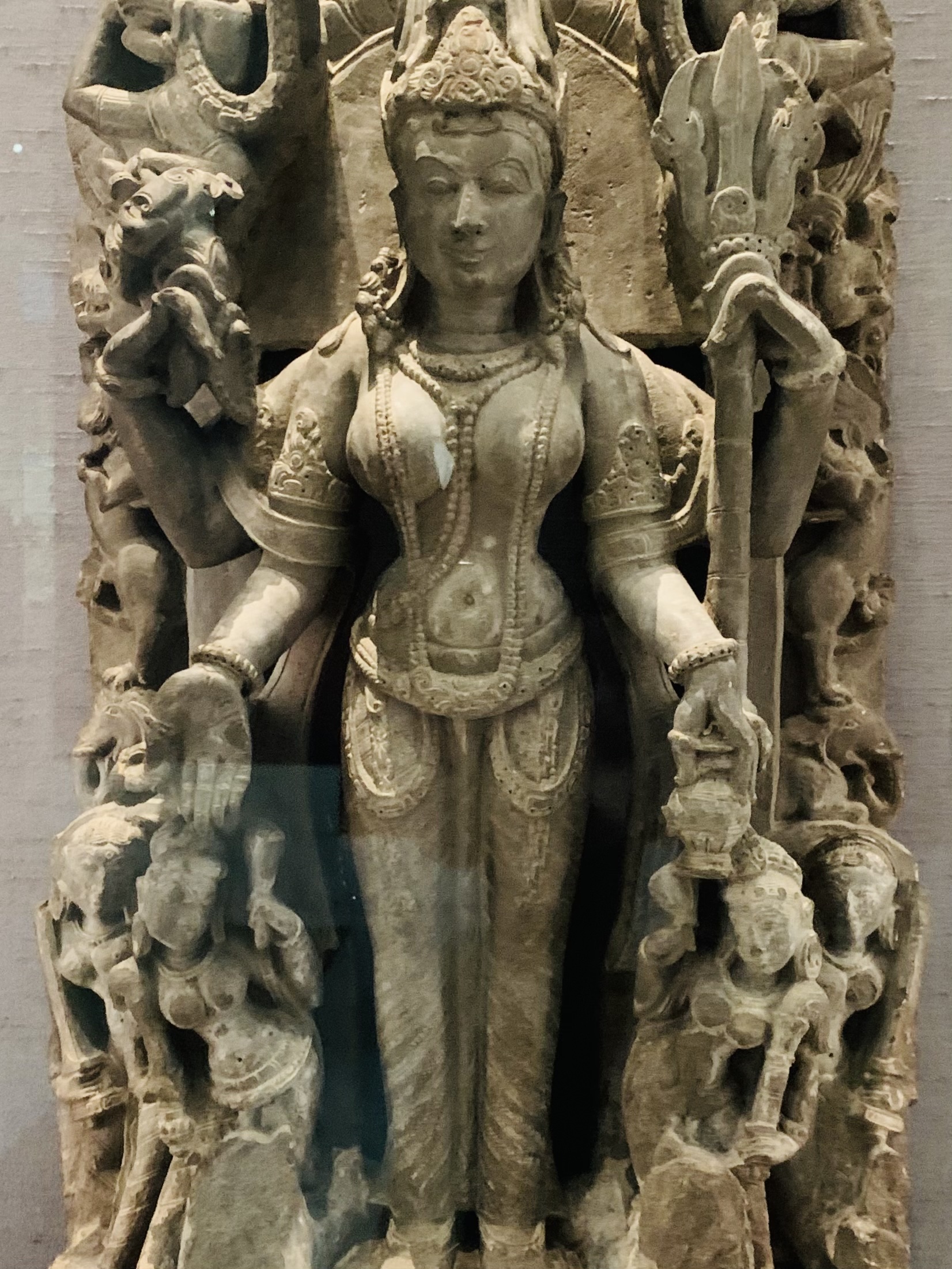
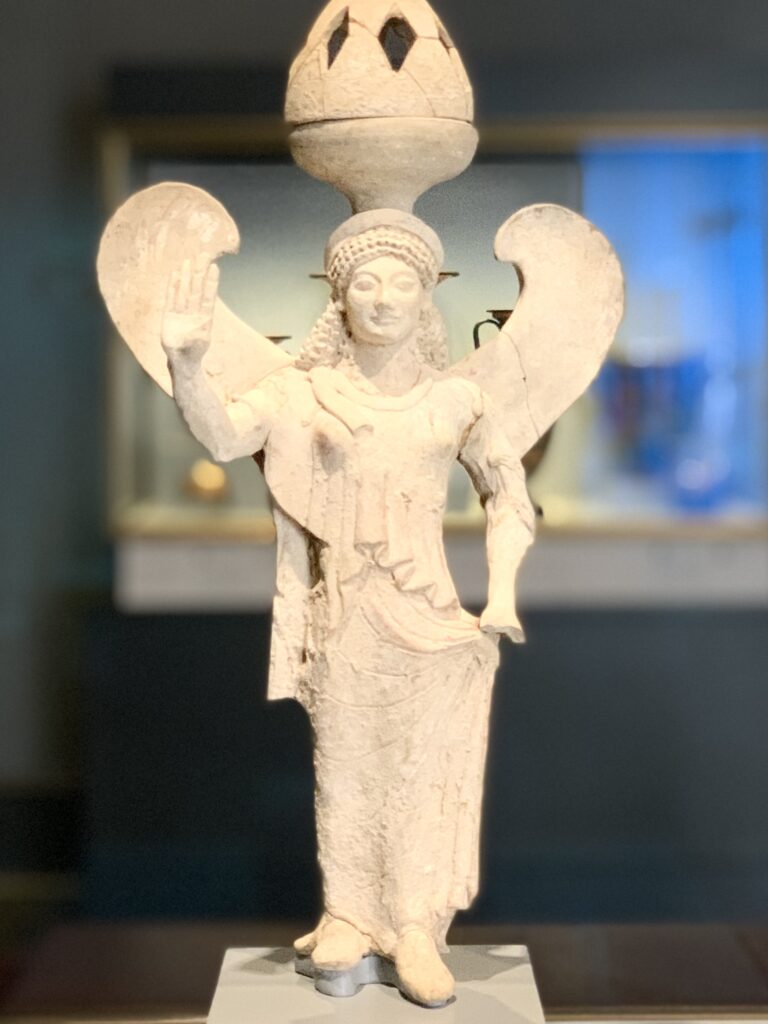
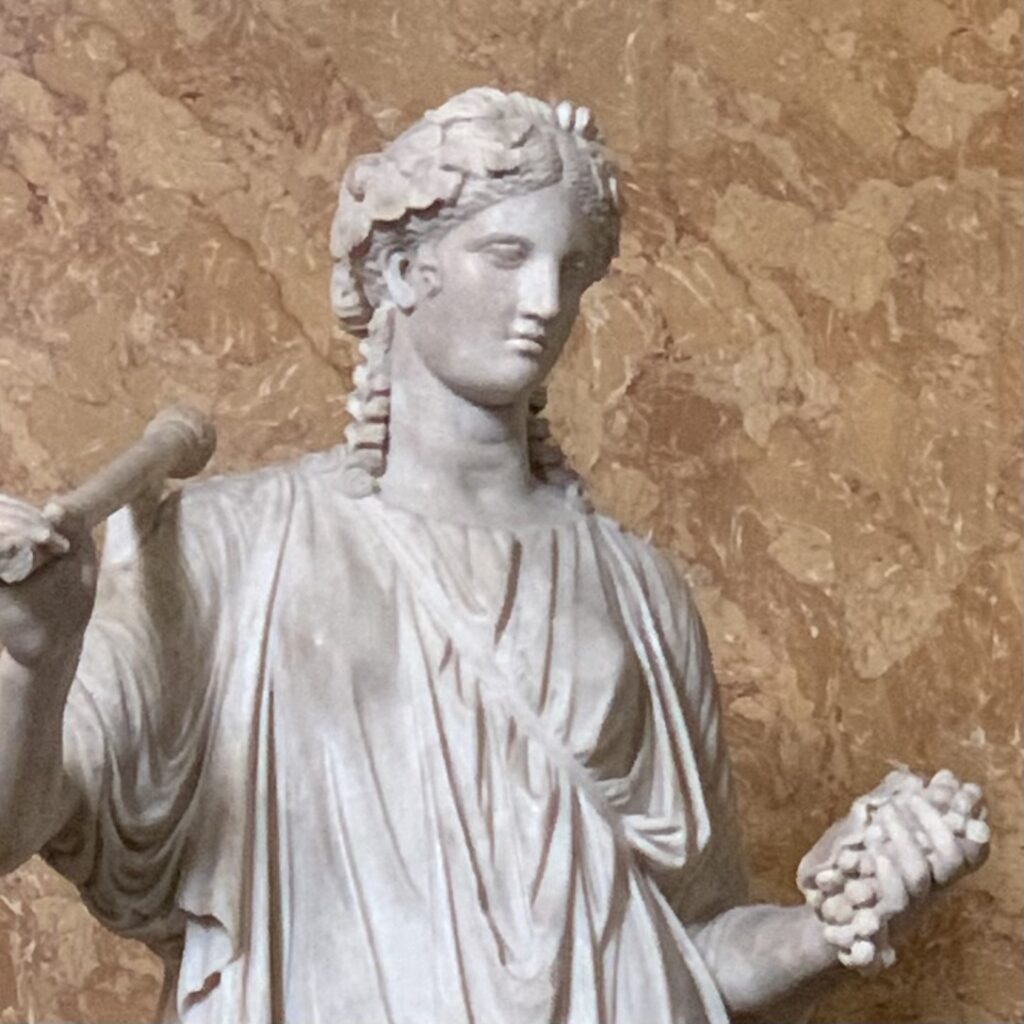

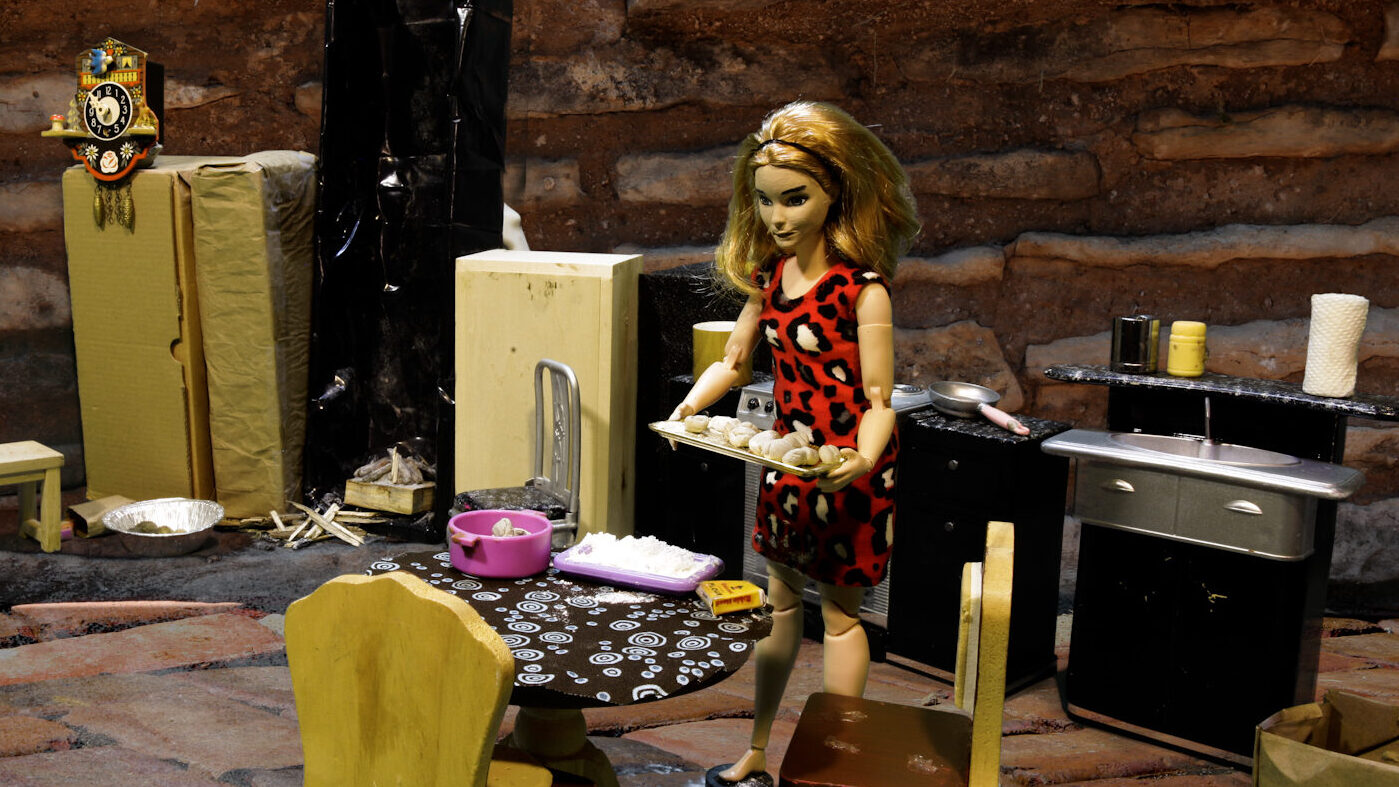

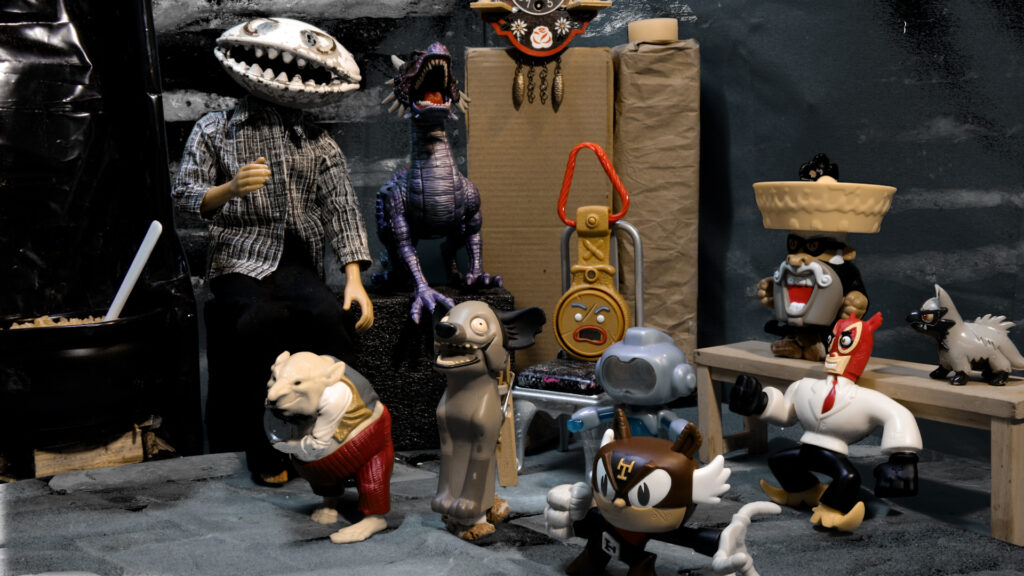






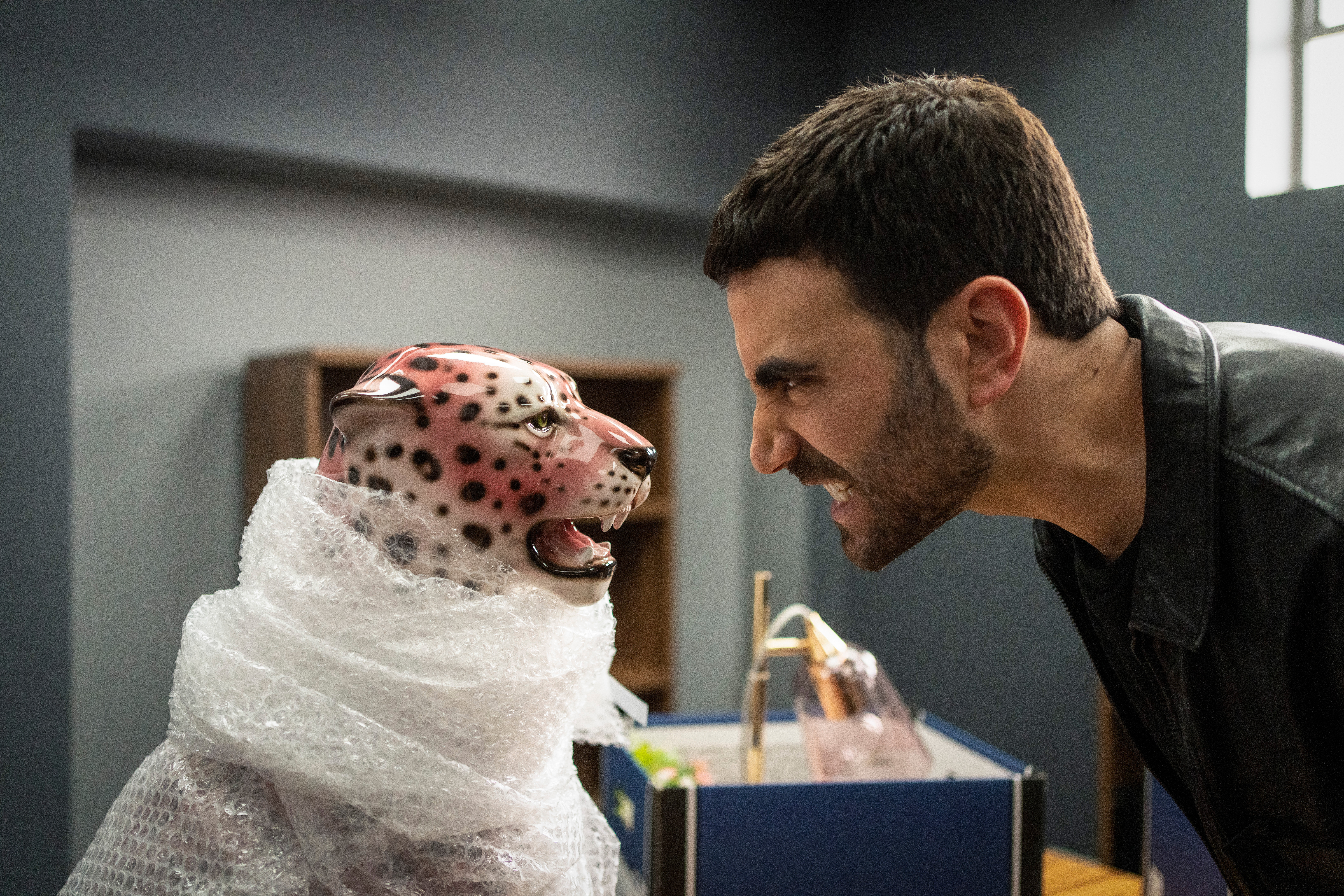








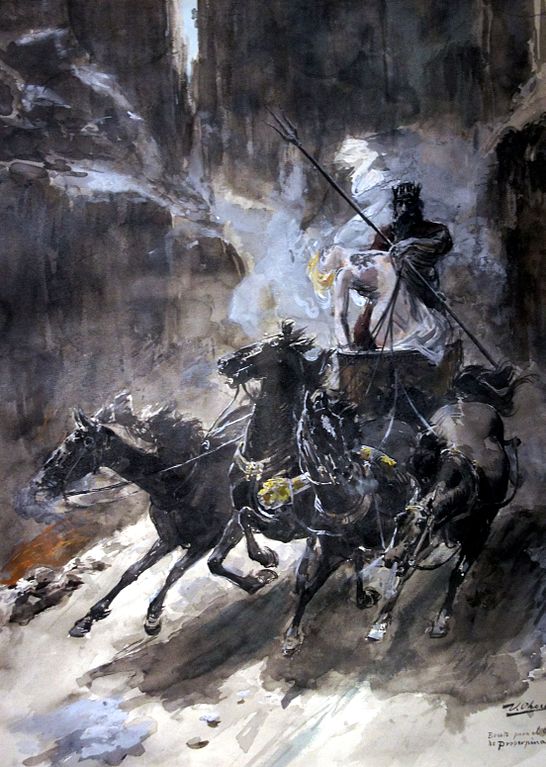
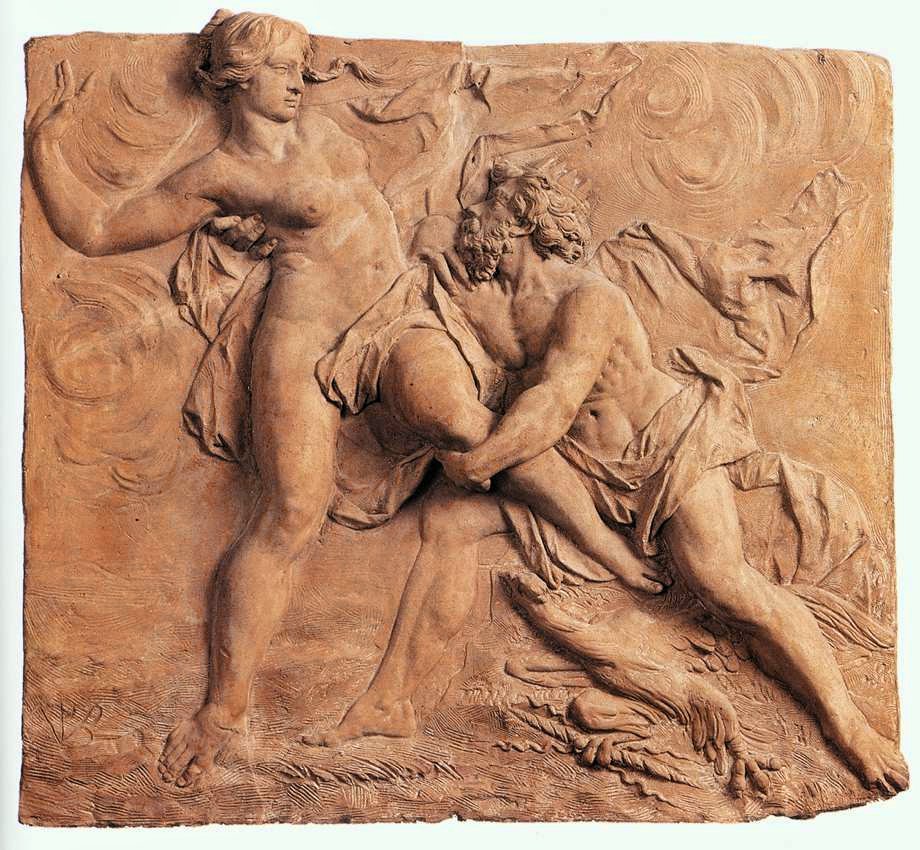
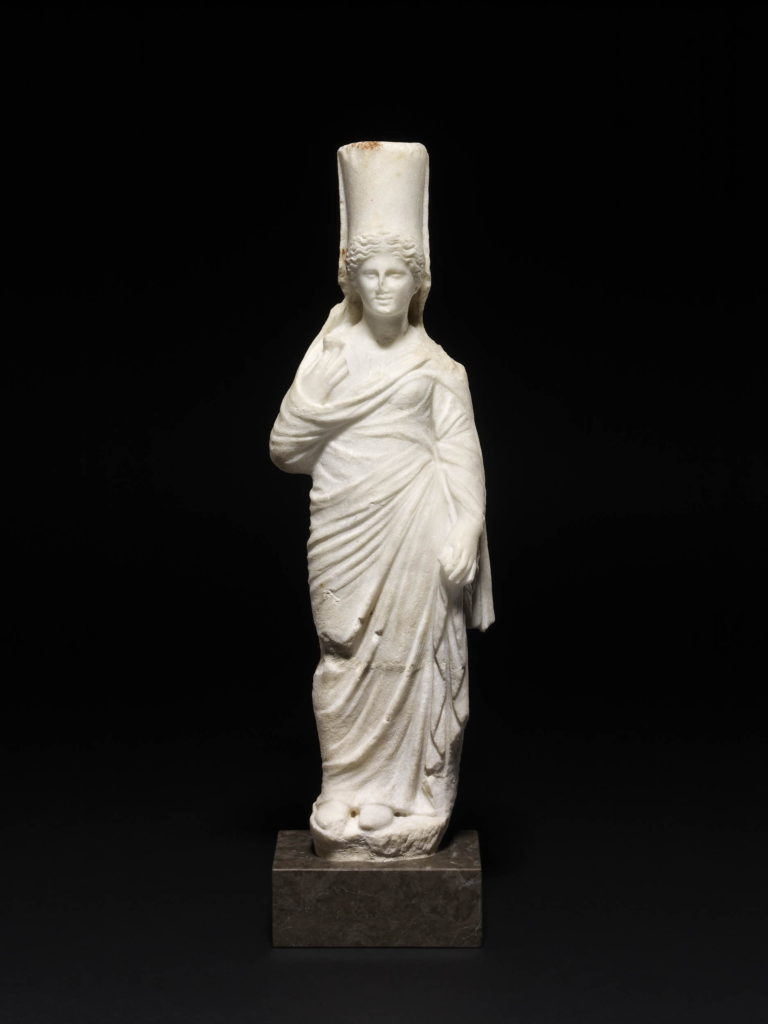
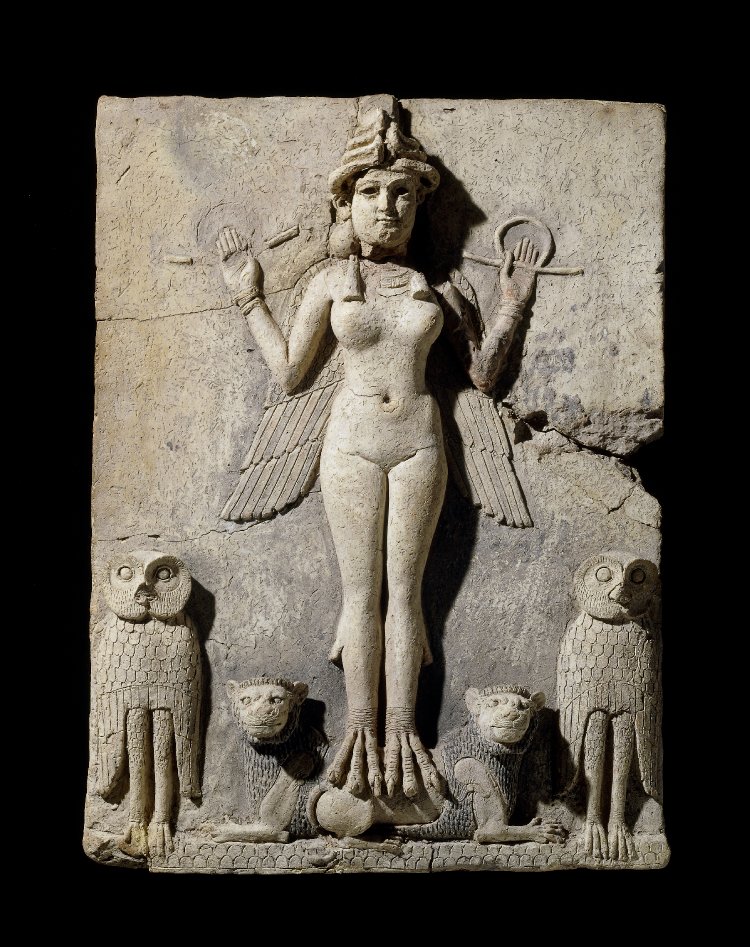
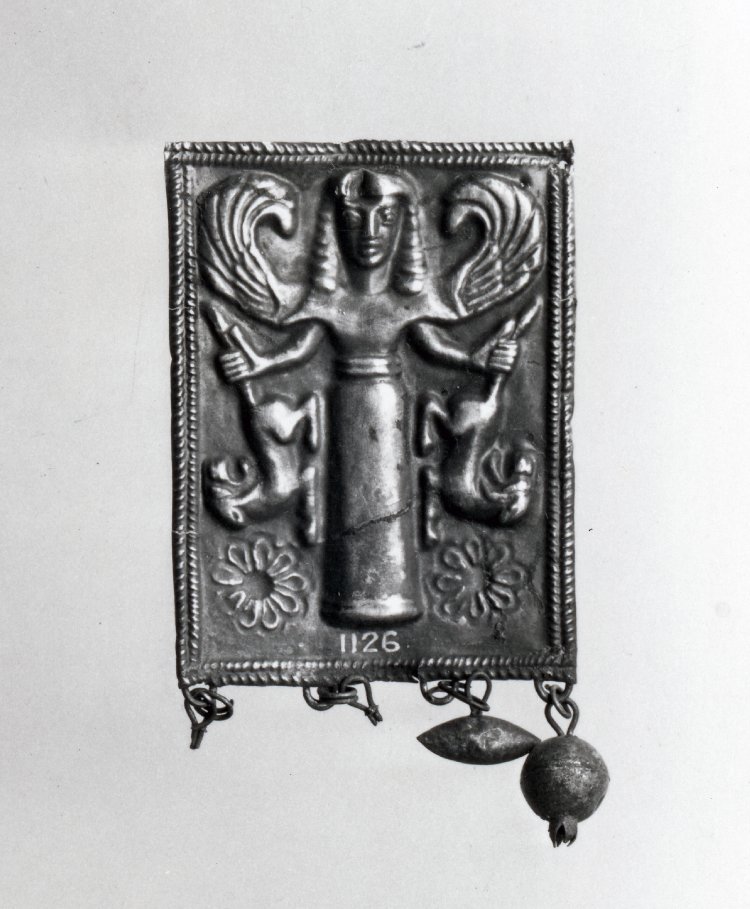
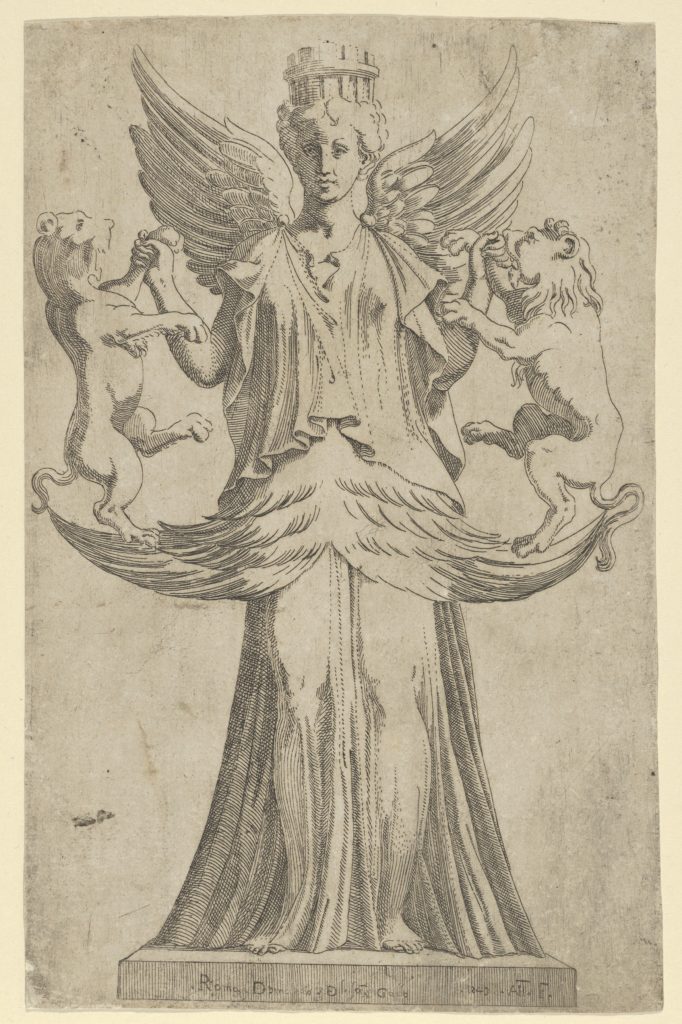
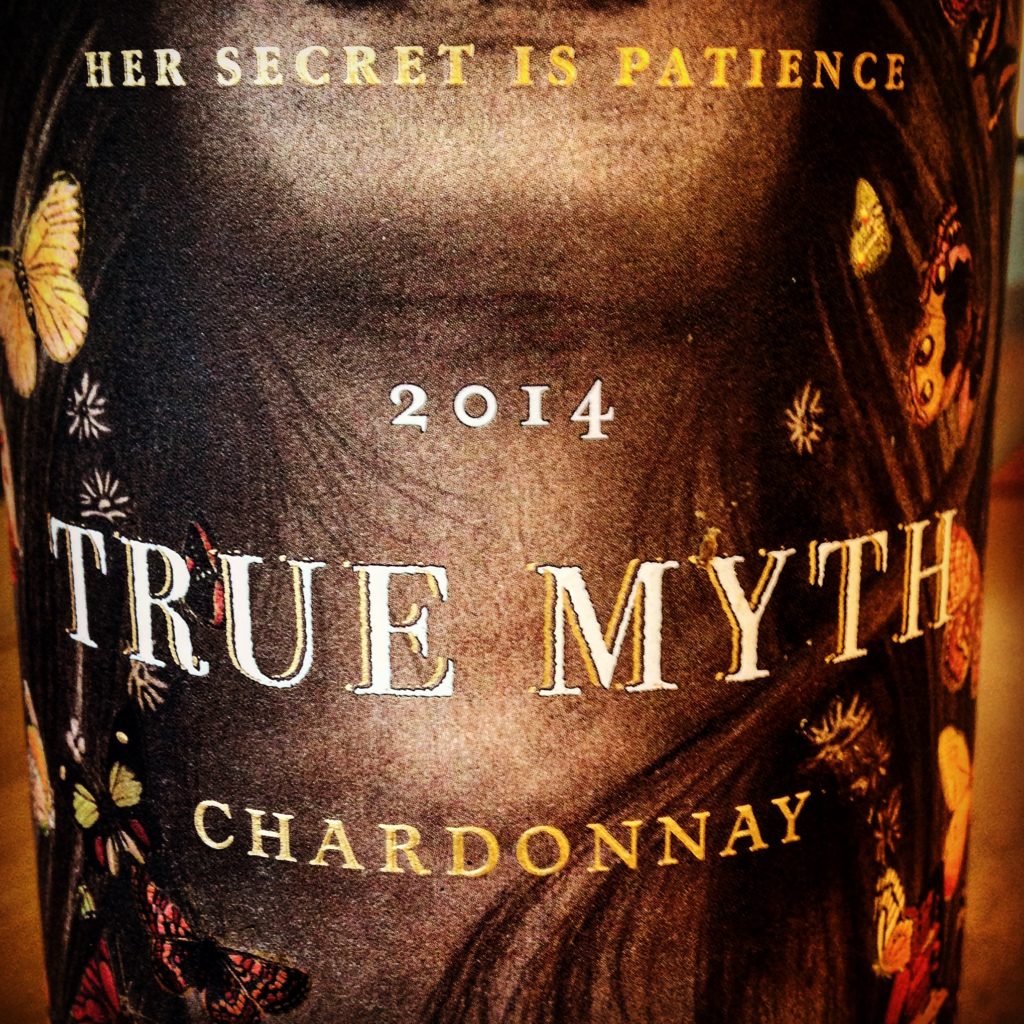 For example, who is the goddess on the wine label? The bottle makes no overt introductions, but the prominent word “true” reminds me of Aletheia, the ancient Greek goddess of truth. Aletheia doesn’t embody only the kind of truth regarding facts and data; she also personifies disclosure or revelations. Aletheia reveals what had been hidden.
For example, who is the goddess on the wine label? The bottle makes no overt introductions, but the prominent word “true” reminds me of Aletheia, the ancient Greek goddess of truth. Aletheia doesn’t embody only the kind of truth regarding facts and data; she also personifies disclosure or revelations. Aletheia reveals what had been hidden.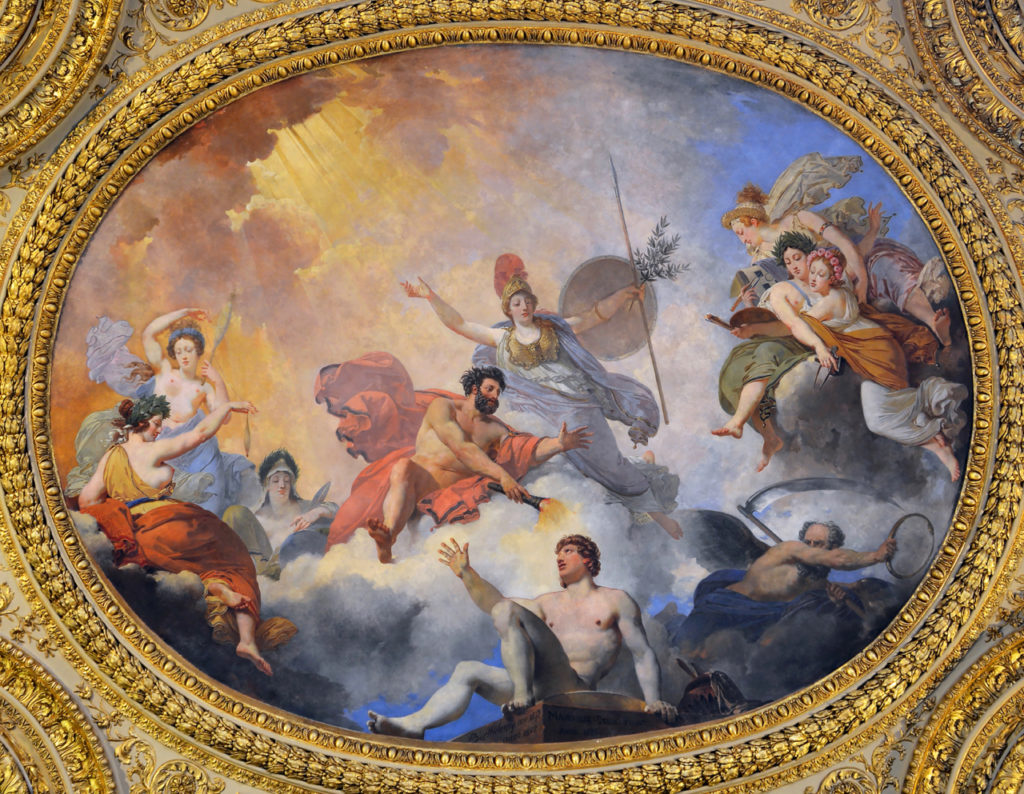
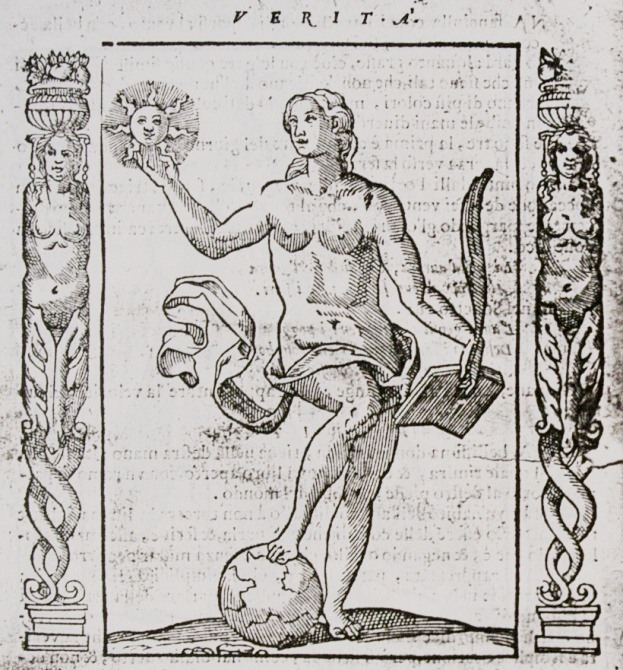
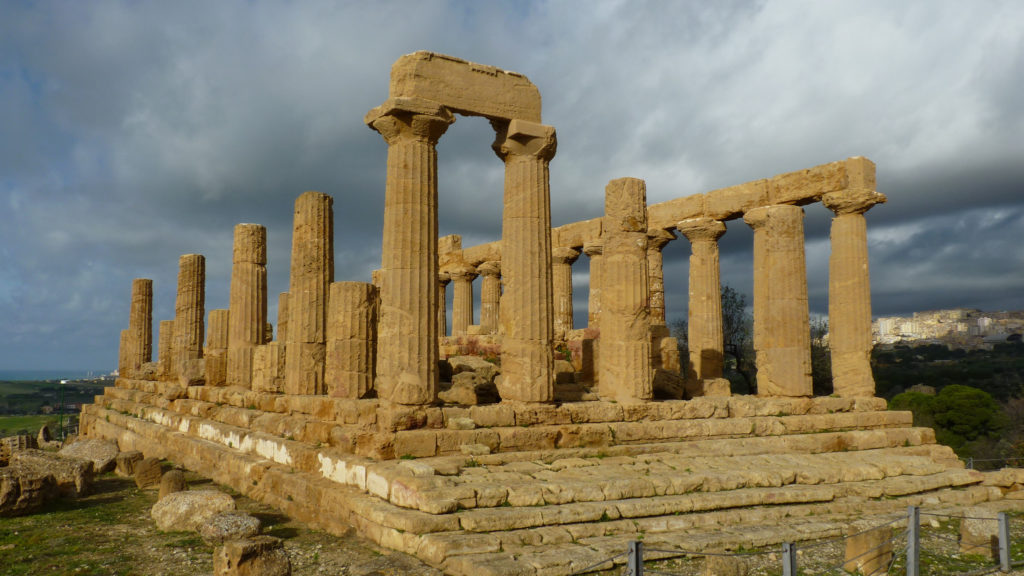
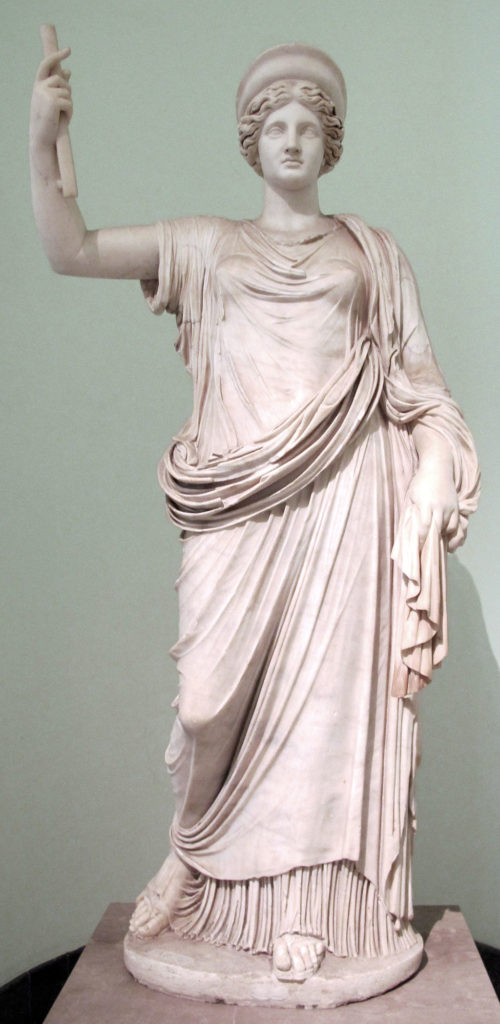
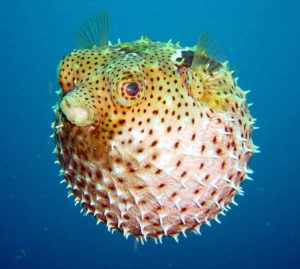

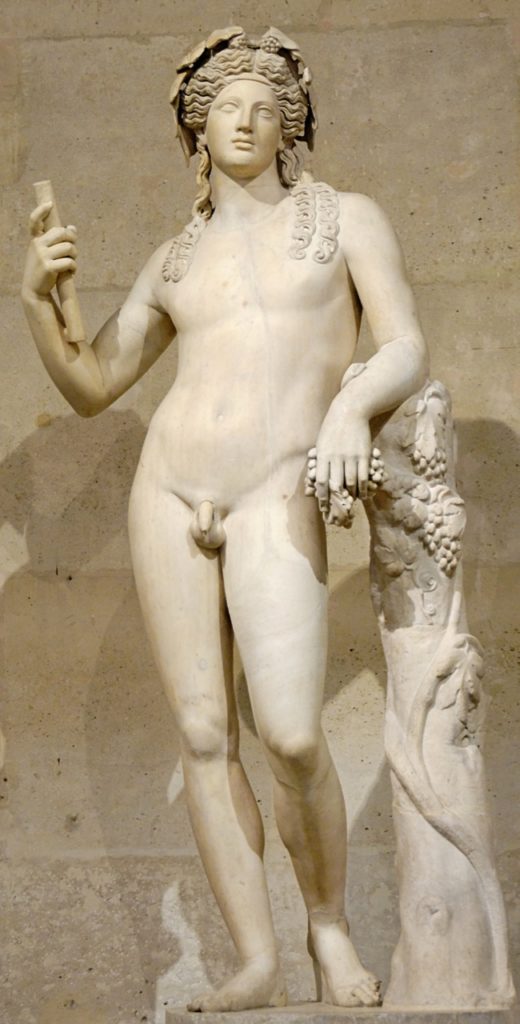
![Pentheus Being Torn by Maenads, By WolfgangRieger [Public domain], via Wikimedia Commons](https://joannagardner.com/wp-content/uploads/2016/06/Pompeii_-_Casa_dei_Vettii_-_Pentheus-1-994x1024.jpg)
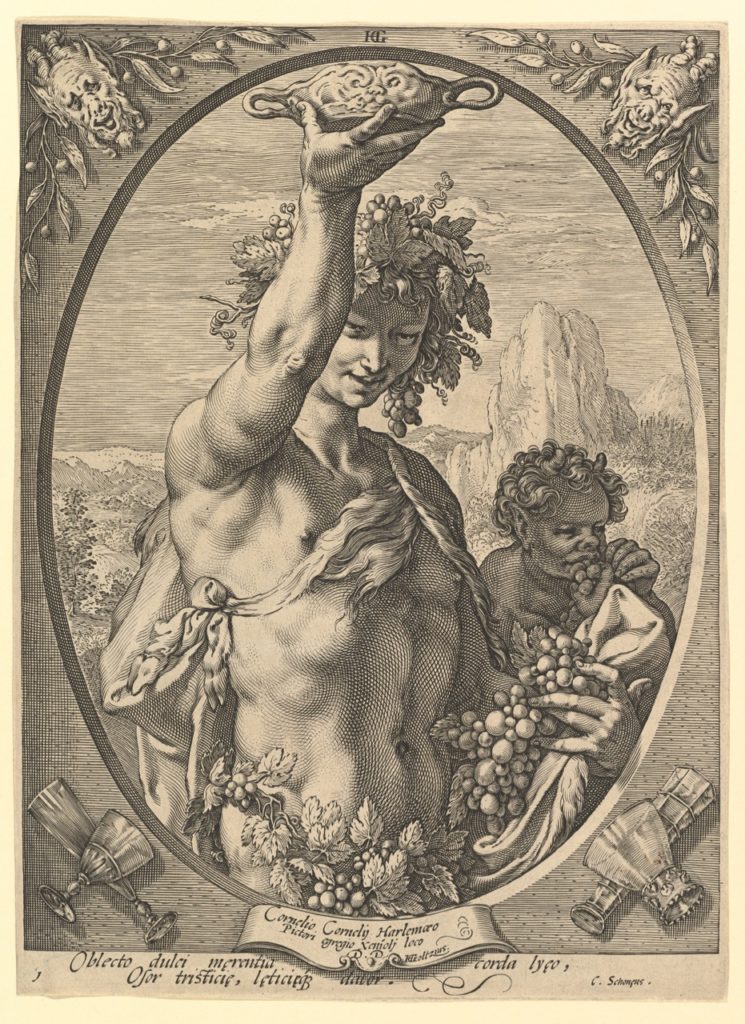
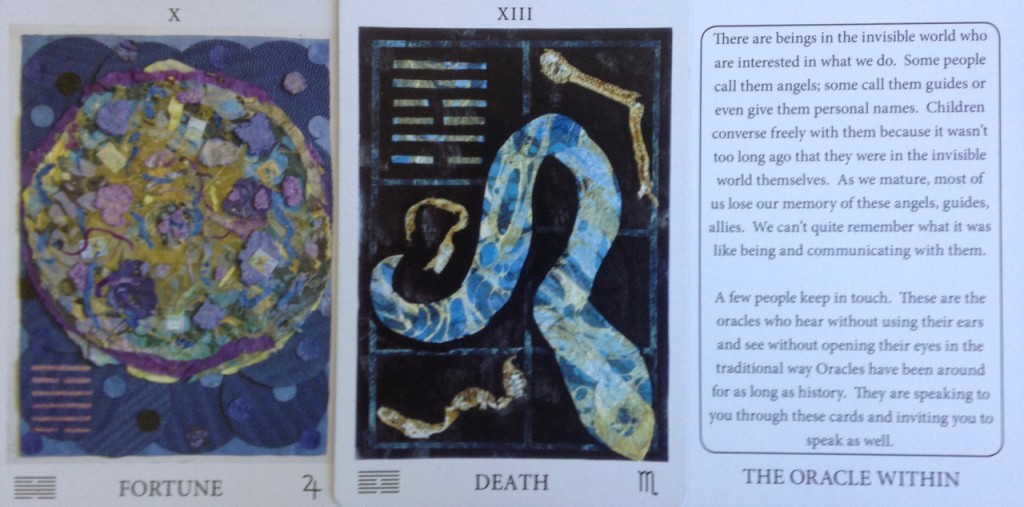
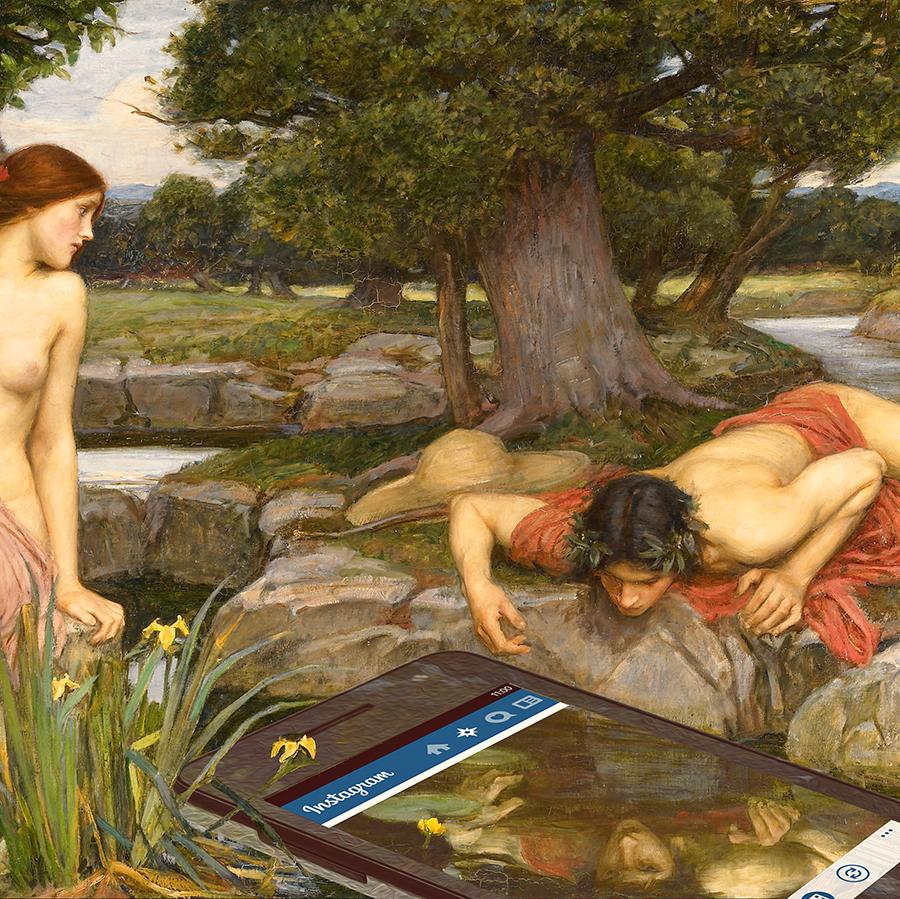
 Night goddesses don’t ask for much, but they do insist on visiting. Actually, we visit them, every evening when our zip code rolls away from the sun and out to face the reaches of space. Night holds the dark half of the planet in the palms of Her cupped hands, at all times. She’s always there as we move into, through, and out of Her domain. When in Night, we’re in all the way, and Night is all the way in us. It’s Night outside, Night in the kitchen, Night in the bedroom. Night within blood vessels, in the synapses between neurons, inside every cell membrane in all of our bodies.
Night goddesses don’t ask for much, but they do insist on visiting. Actually, we visit them, every evening when our zip code rolls away from the sun and out to face the reaches of space. Night holds the dark half of the planet in the palms of Her cupped hands, at all times. She’s always there as we move into, through, and out of Her domain. When in Night, we’re in all the way, and Night is all the way in us. It’s Night outside, Night in the kitchen, Night in the bedroom. Night within blood vessels, in the synapses between neurons, inside every cell membrane in all of our bodies. 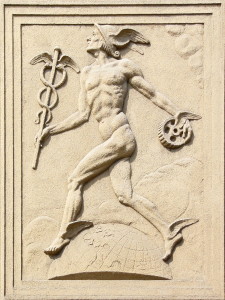
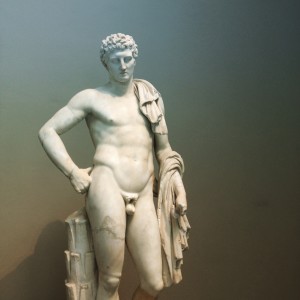
![Antonio da Correggio, Mercury in "The Education of Eros" [Public domain], via Wikimedia Commons](https://joannagardner.com/wp-content/uploads/2015/10/1024px-Correggio_014-245x300.jpg)
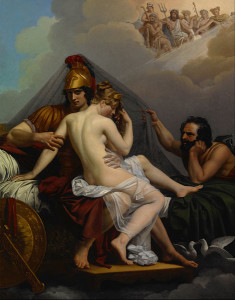 He bellowed for the rest of the Olympians to come witness this travesty. The goddesses declined, giving a self-righteous roll of their ravishing eyes. The gods, on the other hand, dropped everything to race over to Hephaestus’s palace and laugh at the beautiful lovers caught in that glittering net.
He bellowed for the rest of the Olympians to come witness this travesty. The goddesses declined, giving a self-righteous roll of their ravishing eyes. The gods, on the other hand, dropped everything to race over to Hephaestus’s palace and laugh at the beautiful lovers caught in that glittering net.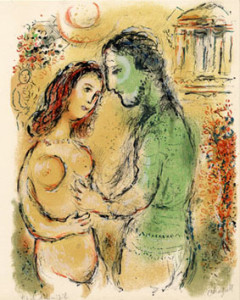 The myth gives us an image of one partner treating the other like a possession, demanding fidelity on principle alone. Love — aka Aphrodite — considers this preposterous. Love knows that love comes first. Love means first and foremost loving the beloved, second and second-most wanting the beloved. If Hephaestus loved Aphrodite, he would not have married her, much less expected fidelity, because he knew she wanted Ares. Ares, by the way, never makes petulant demands. He’s too busy going watery in his magnificent knees every time he sniffs her skin, swooning in dizzy joy at her voice, staggering around in a dazed kind of gratitude that she exists at all.
The myth gives us an image of one partner treating the other like a possession, demanding fidelity on principle alone. Love — aka Aphrodite — considers this preposterous. Love knows that love comes first. Love means first and foremost loving the beloved, second and second-most wanting the beloved. If Hephaestus loved Aphrodite, he would not have married her, much less expected fidelity, because he knew she wanted Ares. Ares, by the way, never makes petulant demands. He’s too busy going watery in his magnificent knees every time he sniffs her skin, swooning in dizzy joy at her voice, staggering around in a dazed kind of gratitude that she exists at all. 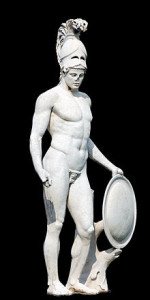 Remember how incredibly beefcake Bruce was? He ran fast and he ran far, he jumped like crazy. He hurled beastly heavy things then roared with exultation. He demonstrated all the attributes of a superb foot soldier. In winning gold for the United States, he wore our national image of Ares, the Greek god of war. He let us imagine ourselves as the world’s greatest, strongest, fastest, best. His muscle was our might. At the same time, his youth was our immaturity. His soul roiled with secret misery. So did ours.
Remember how incredibly beefcake Bruce was? He ran fast and he ran far, he jumped like crazy. He hurled beastly heavy things then roared with exultation. He demonstrated all the attributes of a superb foot soldier. In winning gold for the United States, he wore our national image of Ares, the Greek god of war. He let us imagine ourselves as the world’s greatest, strongest, fastest, best. His muscle was our might. At the same time, his youth was our immaturity. His soul roiled with secret misery. So did ours. 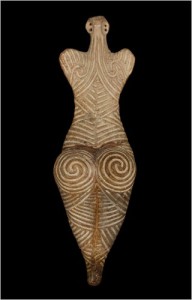 The story also shows an image of a woman with decades of lived experience as a male athlete. Caitlyn carries that in her muscle memory, all the more powerfully because of the power of those muscles. She walks with the bodily knowledge of life and sex and sports as a champion man in the eyes of society. She now gathers into those same muscles the experience of being a woman in the eyes of society. Because of that, she lives and breathes the union of opposites. She joins Cinderella and Prince Charming within herself. She is Aphrodite and Ares, both at once. The Goddess and her Consort. Caitlyn offers us an image of soul totality, of wholeness. If her soul can do that, ours can too.
The story also shows an image of a woman with decades of lived experience as a male athlete. Caitlyn carries that in her muscle memory, all the more powerfully because of the power of those muscles. She walks with the bodily knowledge of life and sex and sports as a champion man in the eyes of society. She now gathers into those same muscles the experience of being a woman in the eyes of society. Because of that, she lives and breathes the union of opposites. She joins Cinderella and Prince Charming within herself. She is Aphrodite and Ares, both at once. The Goddess and her Consort. Caitlyn offers us an image of soul totality, of wholeness. If her soul can do that, ours can too.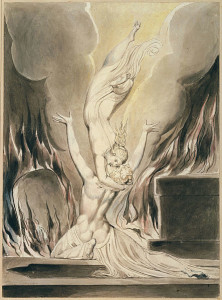 Cinderella stories imagine the soul emerging from that underworld and shining in its own authenticity. They celebrate the beauty of the true self finding its place in the world. Caitlyn Jenner seems to be doing exactly that. She transformed Olympic gold into a golden dress. She acts as an agent of The Goddess. In that capacity, she advocates for the rights and respect due to the transgender community, and for the inner lives of everyone. Her Goddess messages have to do with authenticity, the fluidity of external identity, our vast possibilities for transformation, and polytheistic acceptance and joy rather than monotheistic judgment. She presents us each with the ultimate mythological questions: What is your authenticity? What does your soul want to express? What transformations of body and consciousness would you embark upon, given that you, like Caitlyn, have the strength of the warrior and the courage of the lover?
Cinderella stories imagine the soul emerging from that underworld and shining in its own authenticity. They celebrate the beauty of the true self finding its place in the world. Caitlyn Jenner seems to be doing exactly that. She transformed Olympic gold into a golden dress. She acts as an agent of The Goddess. In that capacity, she advocates for the rights and respect due to the transgender community, and for the inner lives of everyone. Her Goddess messages have to do with authenticity, the fluidity of external identity, our vast possibilities for transformation, and polytheistic acceptance and joy rather than monotheistic judgment. She presents us each with the ultimate mythological questions: What is your authenticity? What does your soul want to express? What transformations of body and consciousness would you embark upon, given that you, like Caitlyn, have the strength of the warrior and the courage of the lover? 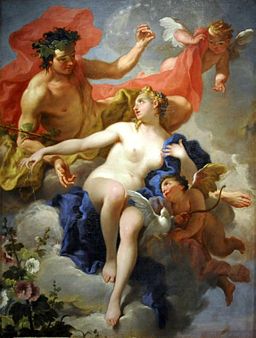
 A glass of wine is a living thing, in the literal, biological sense, animated by the microorganisms that fermented the juice. It’s also a living thing in the senses of the imagination, exactly the way Dionysus is, so it doesn’t matter whether you actually drink wine or not. The idea alone honors his spirit and makes it easy to imagine partaking of life with the same enthusiasm as the shining one who cherishes and champions the goddess.
A glass of wine is a living thing, in the literal, biological sense, animated by the microorganisms that fermented the juice. It’s also a living thing in the senses of the imagination, exactly the way Dionysus is, so it doesn’t matter whether you actually drink wine or not. The idea alone honors his spirit and makes it easy to imagine partaking of life with the same enthusiasm as the shining one who cherishes and champions the goddess.